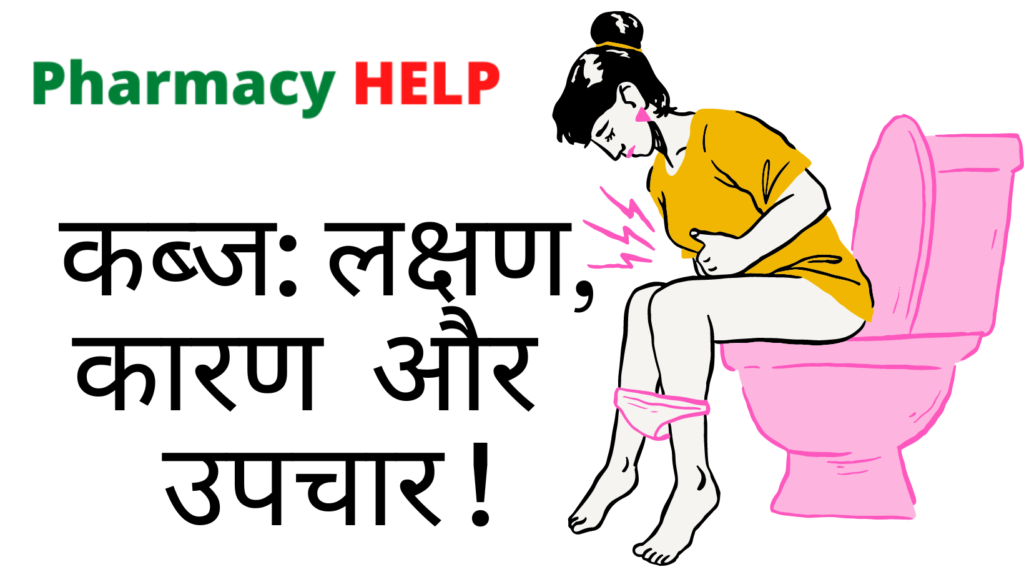
Pneumocystis pneumonia (PCP) : Symptoms & Treatment
Pneumocystis pneumonia (PCP)
Pneumocystis pneumonia (PCP) is a type of pneumonia that is caused by the fungus Pneumocystis jirovecii. It typically occurs in people with weakened immune systems, such as those with HIV/AIDS, cancer, or taking immunosuppressive medications.
Everything You should know
Toggle
Symptoms of Pneumocystis pneumonia (PCP)
Symptoms of PCP can include coughing, fever, shortness of breath, fatigue, and weight loss. The symptoms may develop slowly over time or appear suddenly, depending on the severity of the infection. The diagnosis of PCP is typically made through a combination of imaging tests, such as a chest X-ray or CT scan, and laboratory tests, such as bronchoscopy with a biopsy.

Risk Factors
PCP primarily affects individuals with weakened immune systems, including those with:
HIV/AIDS: PCP is an AIDS-defining illness and was one of the leading causes of death among individuals with AIDS before effective antiretroviral therapy became available.
Organ Transplantation: Immunosuppressive medications taken after organ transplantation can increase the risk of PCP.
Cancer Treatment: Chemotherapy and other cancer treatments can weaken the immune system, making individuals more susceptible to PCP.
Diagnosing PCP
Diagnosing PCP involves a combination of clinical evaluation, chest imaging (such as X-rays or CT scans), and laboratory tests. A definitive diagnosis is often made by examining respiratory samples for the presence of Pneumocystis jirovecii using specialized techniques.
Treatment of PCP
The treatment of PCP primarily involves antimicrobial medications, most commonly trimethoprim-sulfamethoxazole (TMP-SMX), which is effective against Pneumocystis jirovecii. Other medications, such as pentamidine or atovaquone, may be used as alternatives for individuals who cannot tolerate TMP-SMX.
Prevention and Prophylaxis
For individuals at high risk of developing PCP, such as those with HIV/AIDS or undergoing certain medical treatments, prophylactic medications may be prescribed to prevent the infection from occurring. Prophylaxis is an essential strategy to reduce the risk of PCP in vulnerable populations.
Conclusion
Pneumocystis Pneumonia (PCP) is a serious fungal infection that primarily affects individuals with weakened immune systems. Recognizing the symptoms and seeking timely medical attention is crucial, especially for those at high risk. With proper diagnosis and treatment, individuals with PCP can experience improved respiratory function and quality of life.




